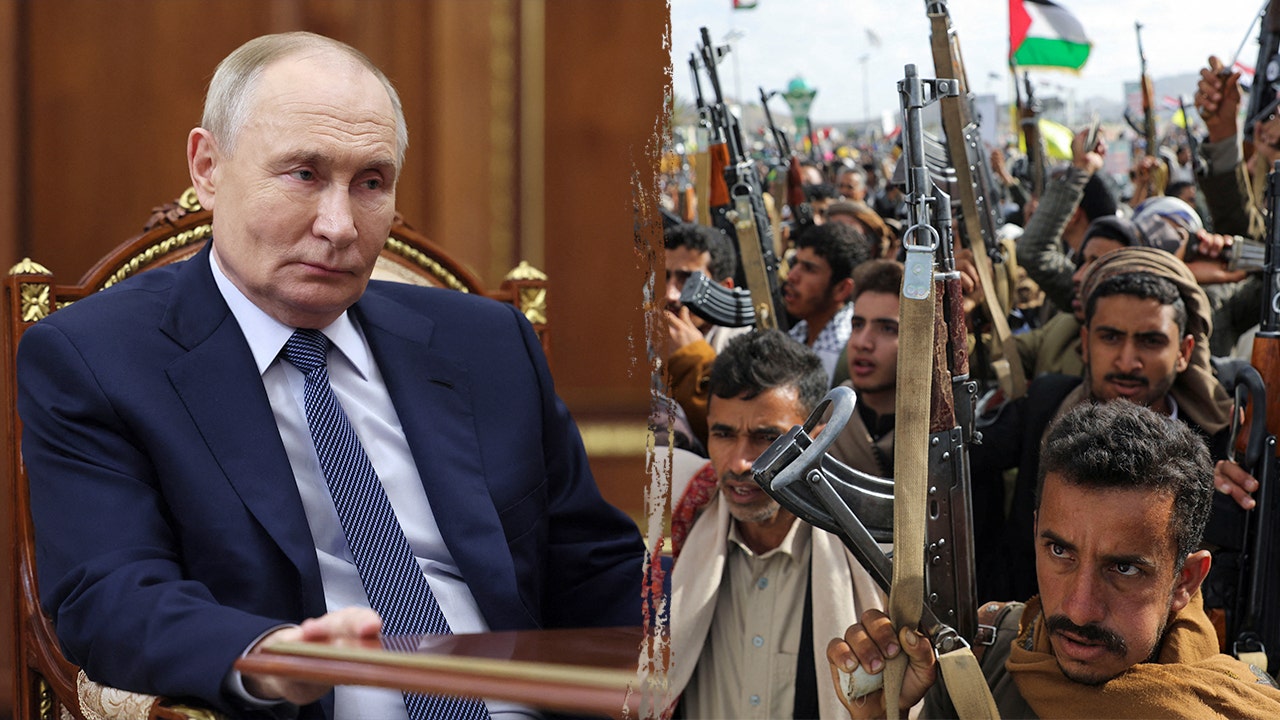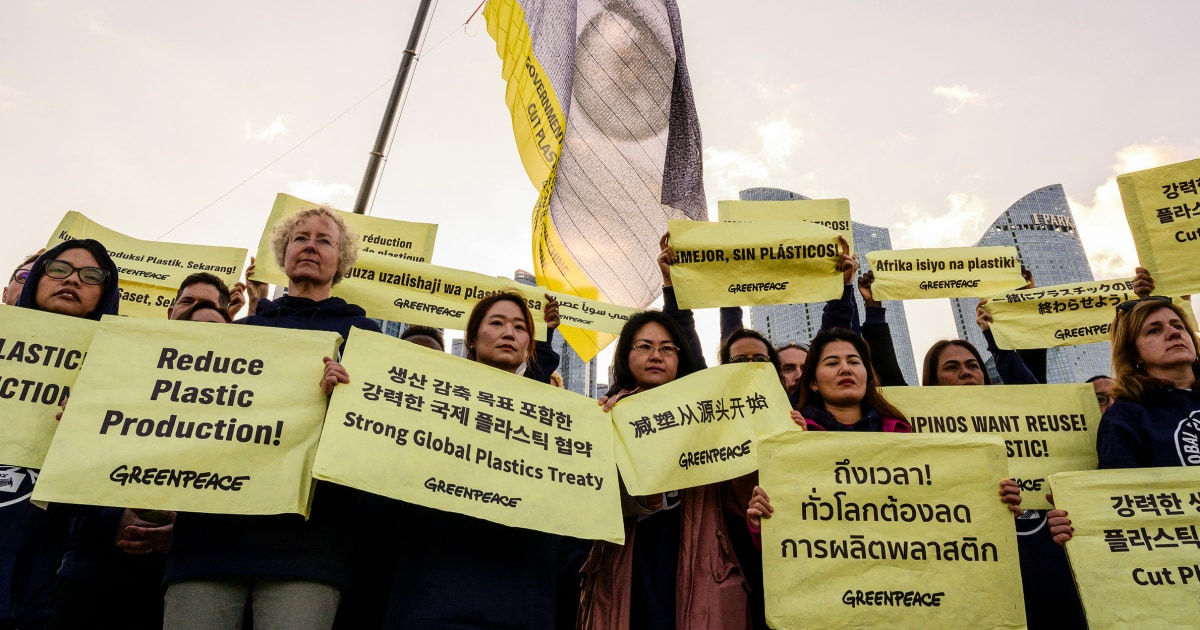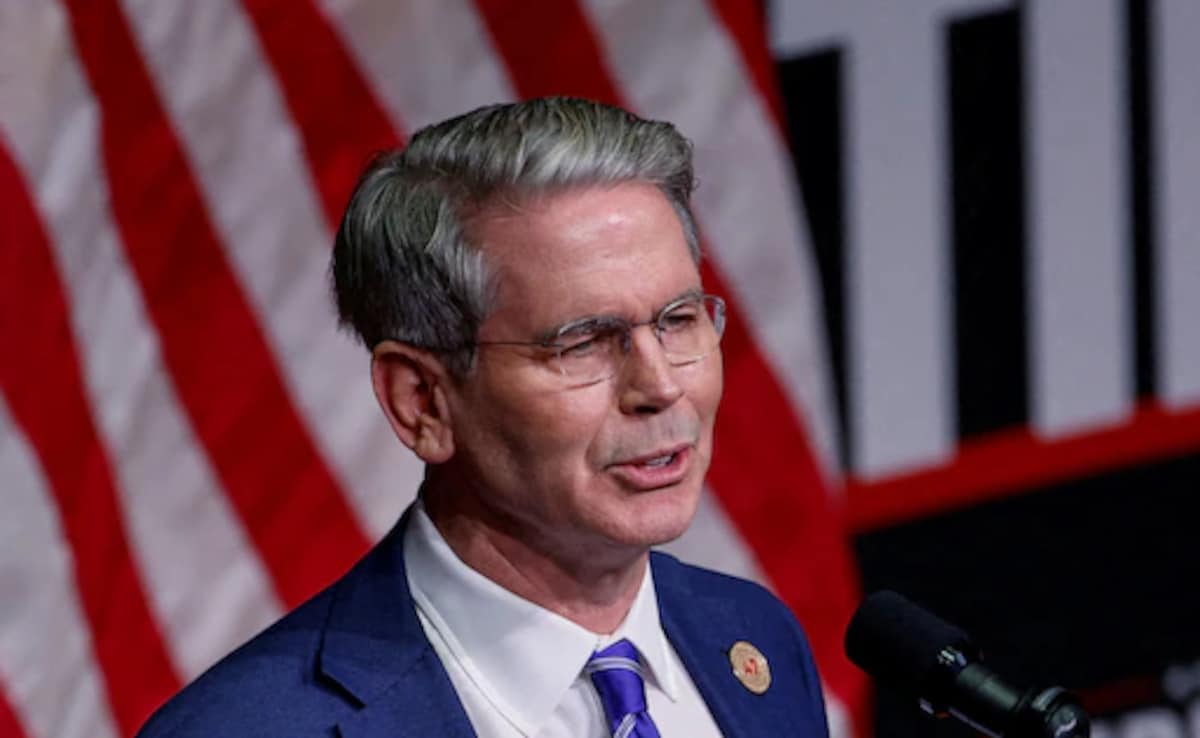Tech
Nvidia CEO says global cooperation in tech will continue under Trump administration

By Jessie Pang
HONG KONG (Reuters) -Nvidia CEO Jensen Huang said on Saturday that global cooperation in technology will continue even if the incoming U.S. administration imposes stricter export controls on advanced computing products.
U.S. President-elect Donald Trump, in his first term in office, imposed restrictions on the sale of U.S. technology to China citing national security – a policy continued under President Joe Biden. The curbs forced Nvidia, the world’s leading maker of chips used for artificial intelligence applications, to change its product lineup in China.
“Open science in global collaboration, cooperation across math and science has been around for a very long time. It is the foundation of social advancement and scientific advancement,” Huang told media during a visit to Hong Kong.
Cooperation is “going to continue. I don’t know what’s going to happen in the new administration, but whatever happens, we’ll balance simultaneously compliance with laws and policies, continue to advance our technology and support and serve customers all over the world.”
The head of the world’s most valuable company was speaking in the financial hub after receiving an honorary doctorate in engineering from the Hong Kong University of Science and Technology.
During the visit, Huang participated in a fireside chat with the university’s Council Chairman Harry Sham in front of an audience of students and academics.
Asked about the huge energy requirements of graphics processing units – chips behind artificial intelligence – Huang said, “If the world uses more energy to power the AI factories of the world, we are a better world when that happens”.
Huang said “the goal of AI is not for training, the goal of AI is for inference”. He said AI can discover, for instance, new ways to store carbon dioxide in reservoirs, new wind turbine designs and new materials for storing electricity.
He said people should start thinking about placing AI supercomputers slightly off the power grid and let them use sustainable energy and in places away from populations.
“My hopes and dreams is that in the end, what we all see is that using energy for intelligence is the best use of energy we can imagine,” Huang said.
Earlier on Saturday, Huang told graduates that “the age of AI has started” in a speech after receiving the honorary degree.
“A new computing era that will impact every industry and every field of science.”
Huang, 61, also told graduates that he wished he had started his career at this time.










